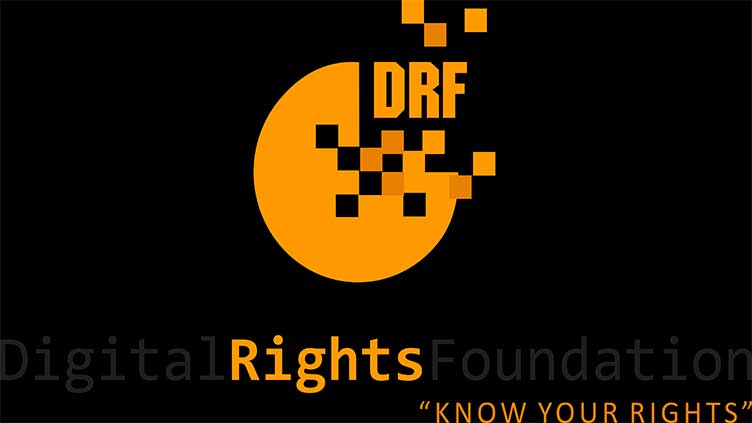Report on 'Data Privacy in Pakistan's Healthcare Sector' launched

Report on ‘Data Privacy in Pakistan’s Healthcare Sector’ launched
LAHORE (Web Desk) – The Digital Rights Foundation (DRF) on Monday launched its report ‘Data Privacy in Pakistan’s Healthcare Sector’ at a local hotel.
The DRF shared its findings with experts from the healthcare and research sectors, primarily shedding light on how healthcare information, consisting of patient and medical practitioners’ data, is collected within the existing structures and policies in the healthcare sector in Pakistan. The findings of the research were presented by Zainab Durrani, Project Manager of DRF’s Data Privacy Portfolio.
She welcomed the audience and emphasised the importance of healthcare information given its sensitive nature. The research maps, documents and analyses healthcare data privacy practices in Pakistan. The research report consists of survey responses from 85 medical practitioners and 64 individuals who had accessed medical healthcare in the country. Furthermore, 17 in-depth interviews were conducted, including two public health officials.
DRF’s Executive Director Nighat Dad noted that “healthcare data is an imperative component of personal data and a reflection of one’s personal self however, the absence of a data protection law in the country leaves us all vulnerable, particularly patients. We urge the government to enact a data protection law founded on a human rights approach.”
The study finds that most people attach a great degree of importance to medical data - 38.6% of respondents said they considered as important as other kinds of data, while 31.8% said it was more important and the remaining 29.5% considered it less sensitive than general data. Moreover, while consent is considered the benchmark for data collection, only 40.9% of the respondents said consent was obtained when data was collected and 31.8% said not obtained, and the remaining 27.3% said they were unsure.
The study finds that 36.4% of patient data was recorded digitally, 27.3% was manually collected, and 27.3% said a hybrid approach was adopted.
Zainab Durrani, Program Manager and author of the research, notes, “There is an urgent need to focus our energies on addressing the basics of medical ethics such as the all-important requirement of confidentiality, which is not as commonplace in the healthcare industry in Pakistan as we would have hoped.”
The Digital Rights Foundation is a research-based NGO in Pakistan. Founded in 2012, DRF focuses on ICTs to support human rights, inclusiveness, democratic processes and digital governance. DRF works on issues of online speech, data protection and online violence against women.

